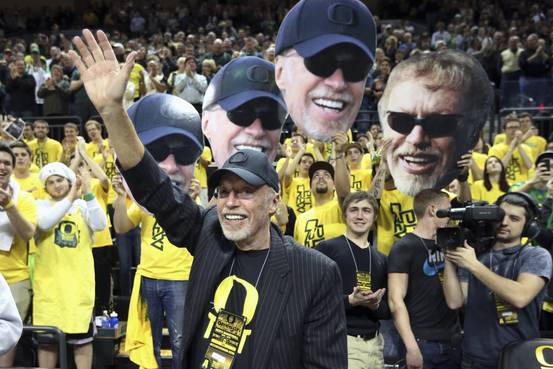The Problem With Sugar-Daddy Science
The pursuit of money from wealthy donors distorts the research process-and yields flashy projects that don't help and don't work.

Send us a link
The pursuit of money from wealthy donors distorts the research process-and yields flashy projects that don't help and don't work.

When Sonia Vallabh lost her mother to a rare disease, she and her husband, Eric Minikel, set out to find a cure.

Swiss native Hansjörg Wyss will give $1 Billion over the next decade to help accelerate land and ocean conservation around the world.
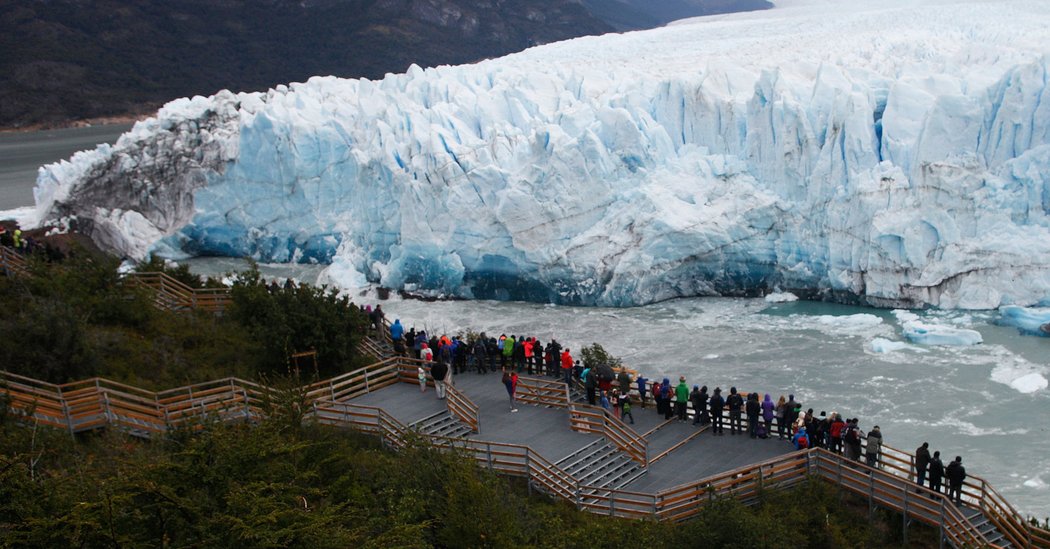
Overshadowed by the Ebola outbreak in the Democratic Republic of the Congo (DRC), another frightening virus is on the loose in that vast, chaotic country: polio. Public health experts have worked for months to stamp out the virus, but it keeps spreading.
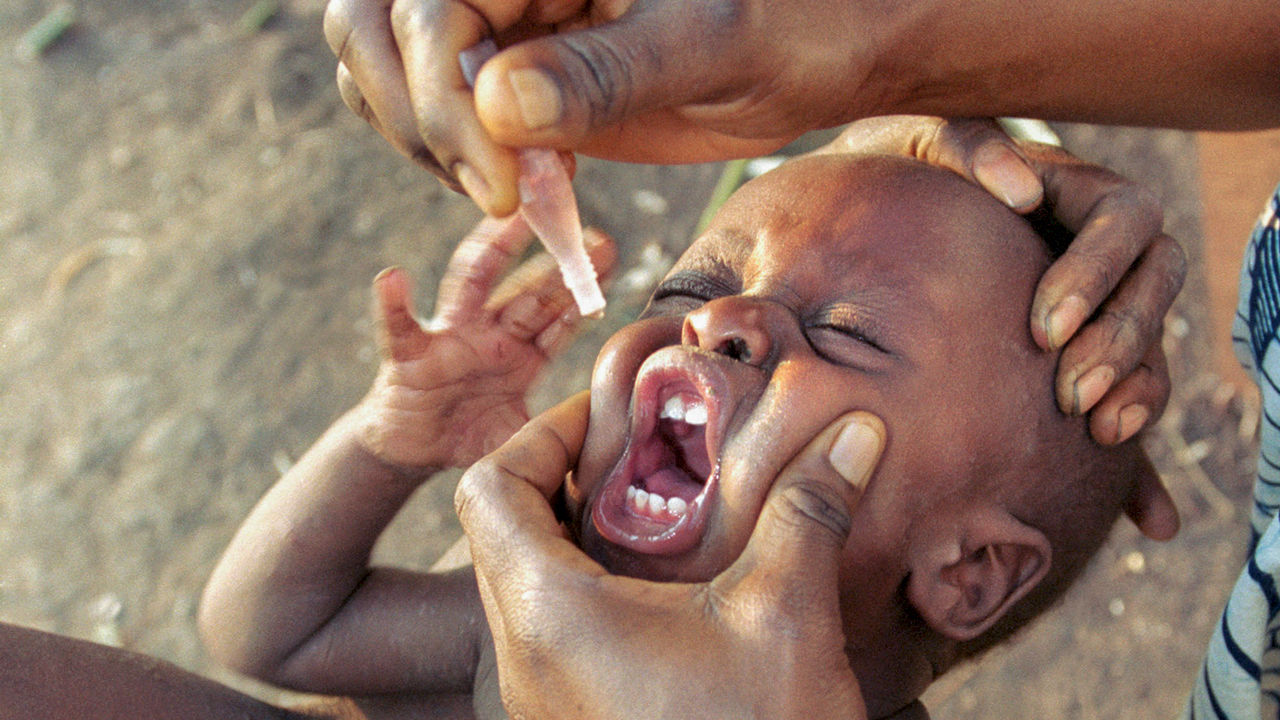
In this era of billionaires and unequal funding, where is research going? And perhaps more importantly, how will our changing resources affect the training, success, and diversity of the scientists of our future?
The Hungary-born philanthropist's university says planned new laws will make it impossible to operate.
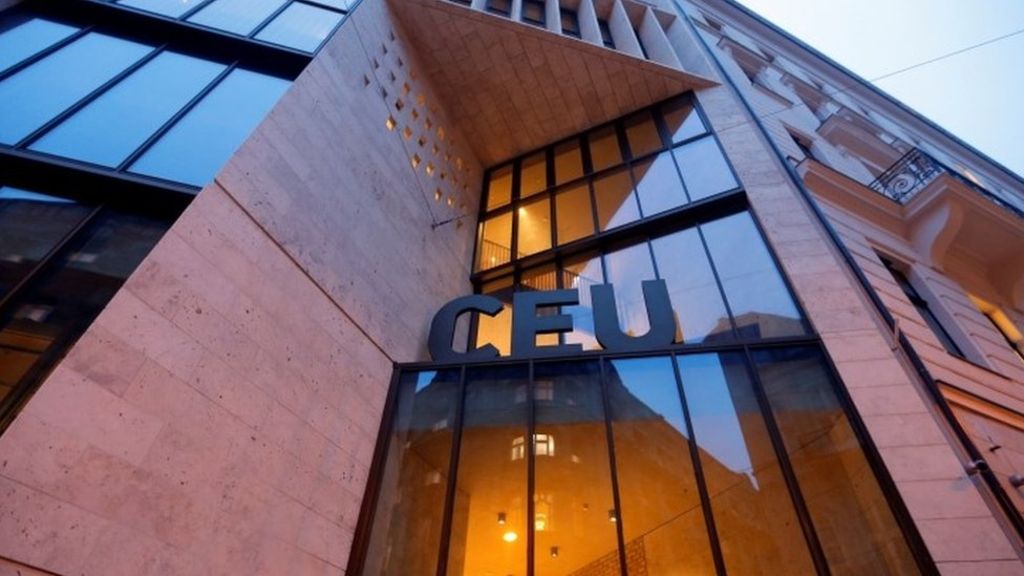
Each scientist and engineer chosen will receive an average of up to $300,000 per year for 5 years for life sciences research.
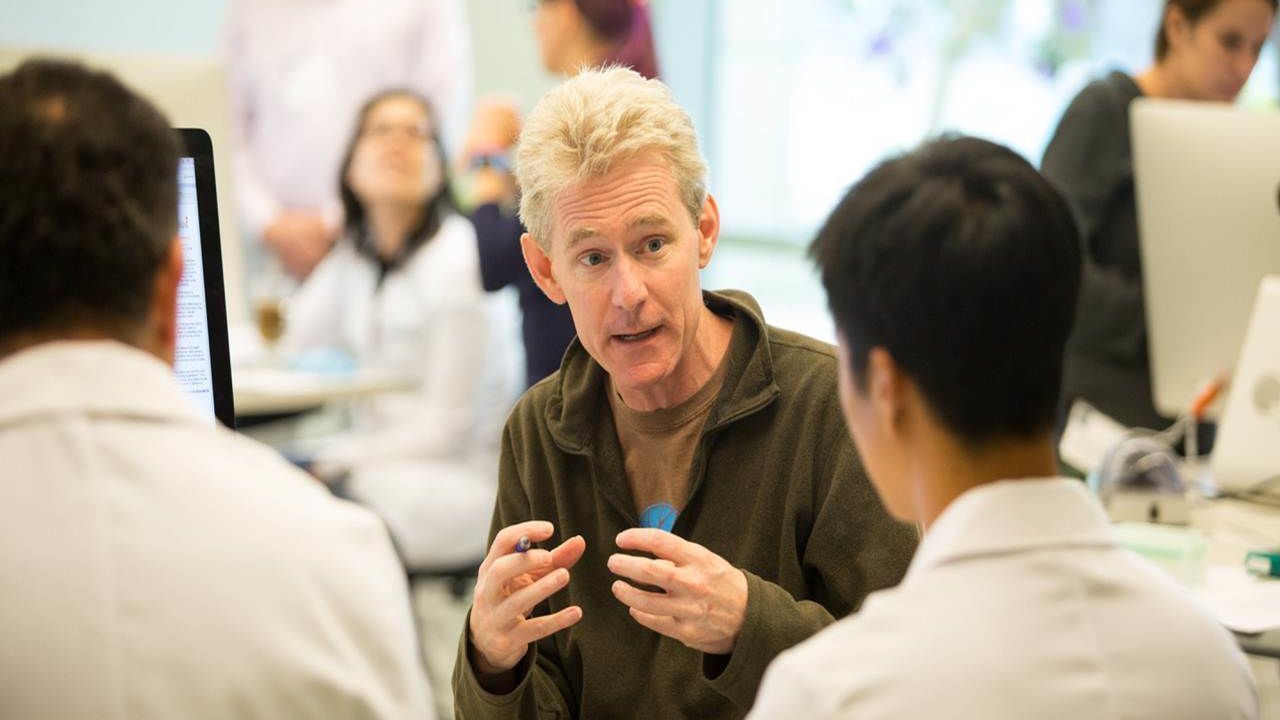
McGill's Neurological Institute open science agenda includes open access publication of all research data and findings, and an end to the practice of patenting the university's findings.

Science policy is slowly waking up to the realisation that the value of science may lie in people and places rather than papers and patents.
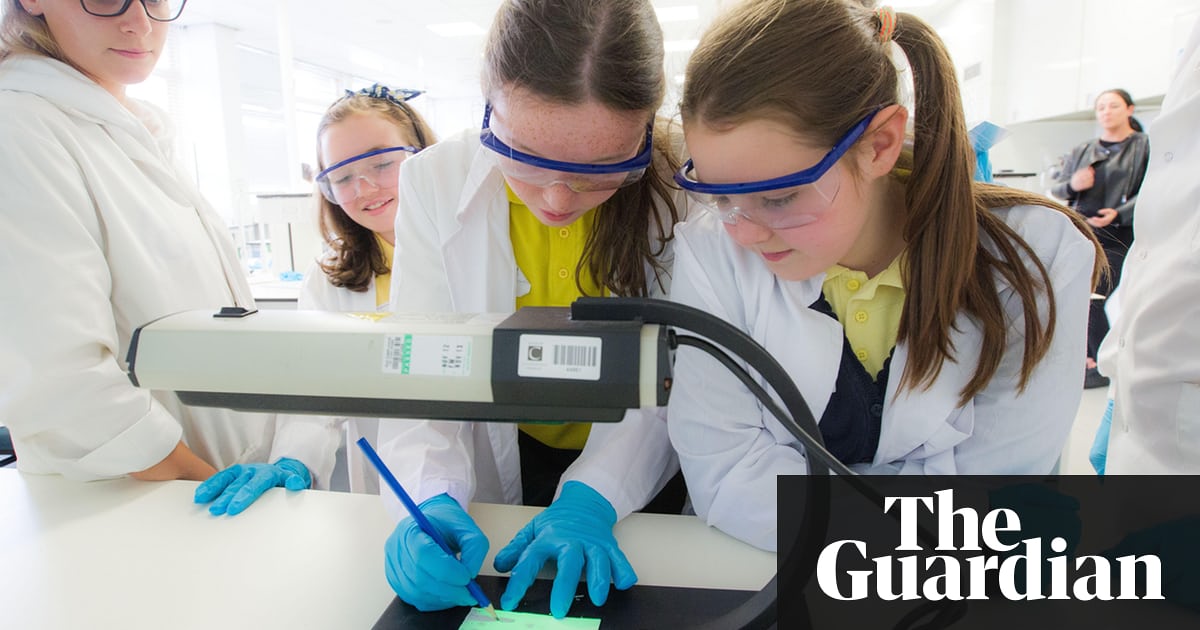
Tata Trusts and UC San Diego partner to establish Tata Institute for Active Genetics and Society.
The University of Oregon is launching a new science campus, backed by a $500 million gift from Nike Inc. co-founder Phil Knight and his wife.
